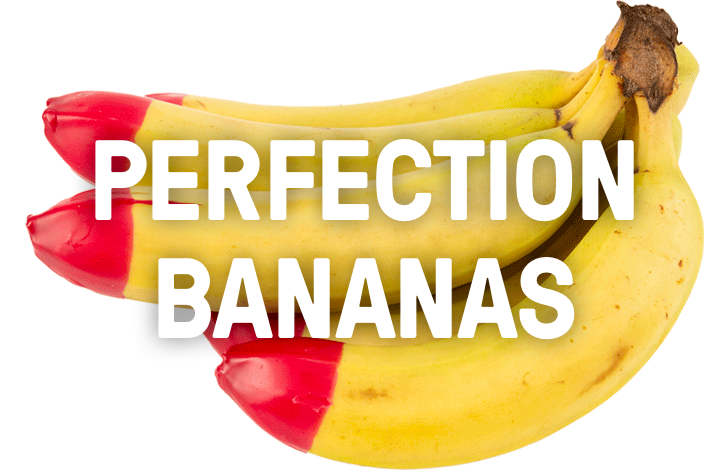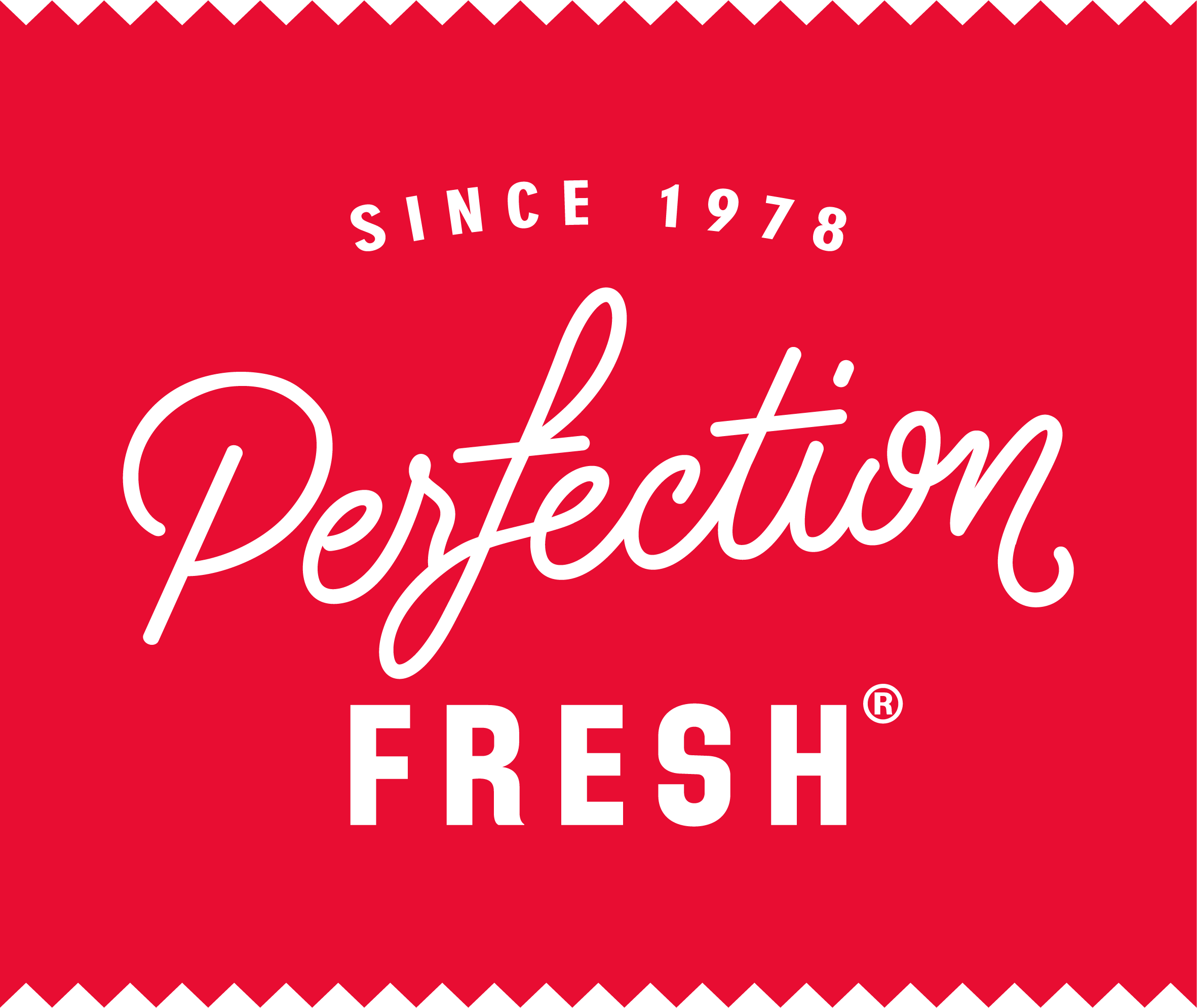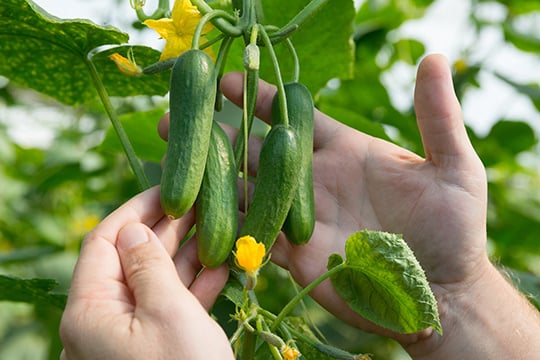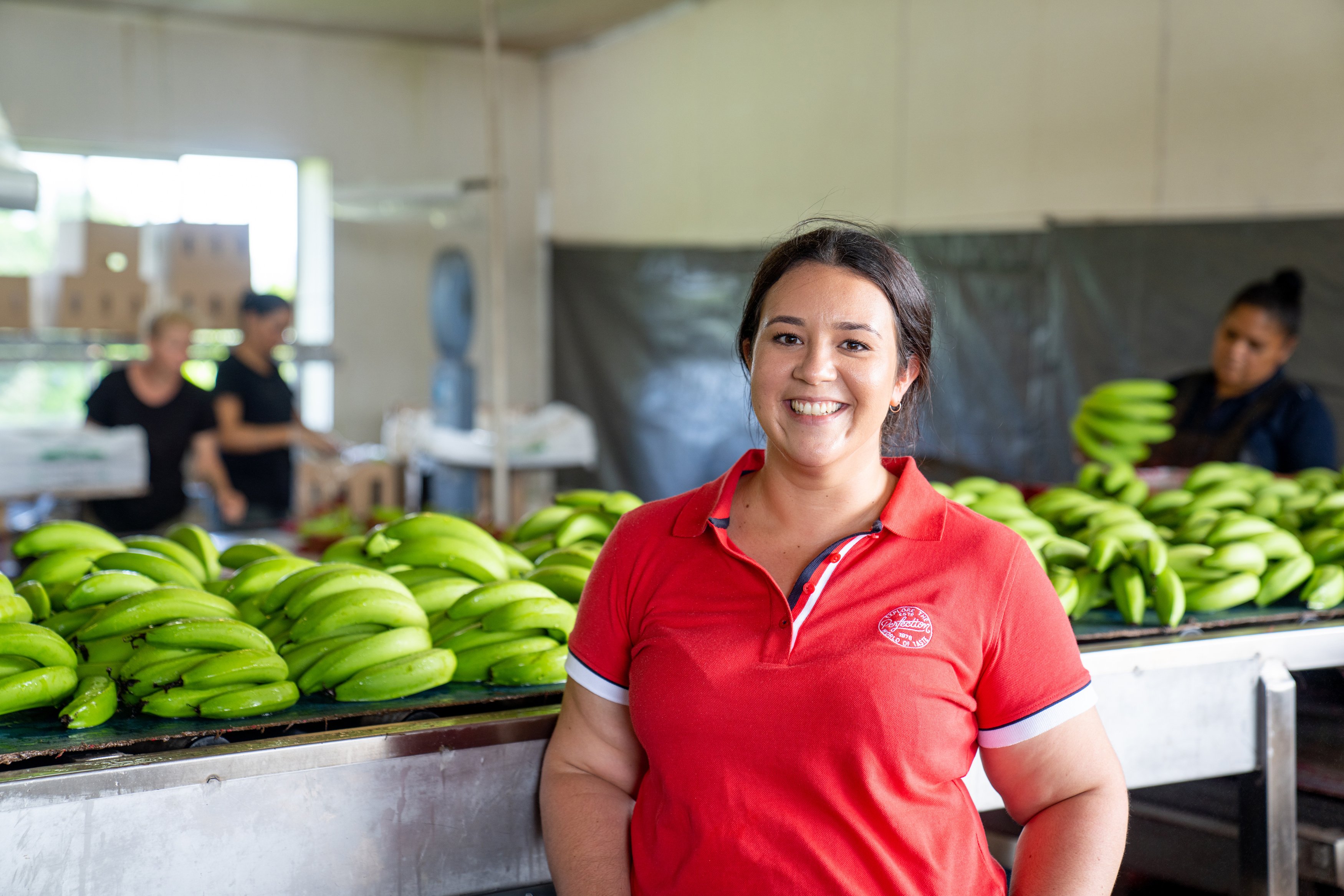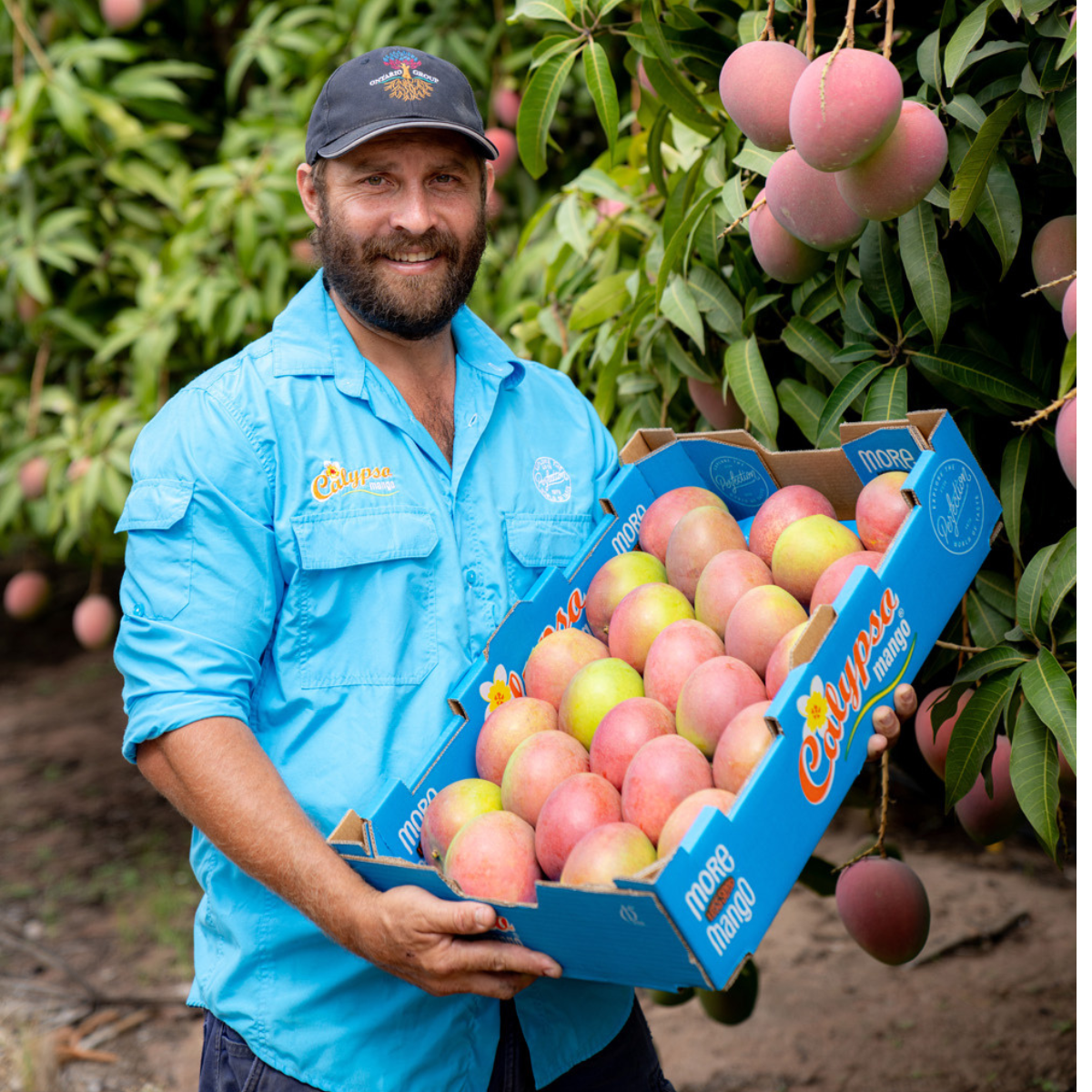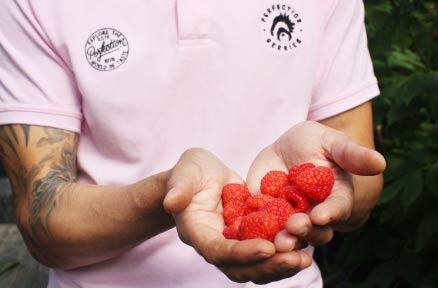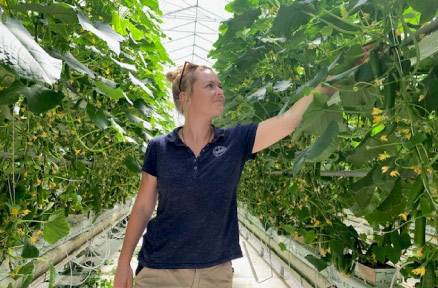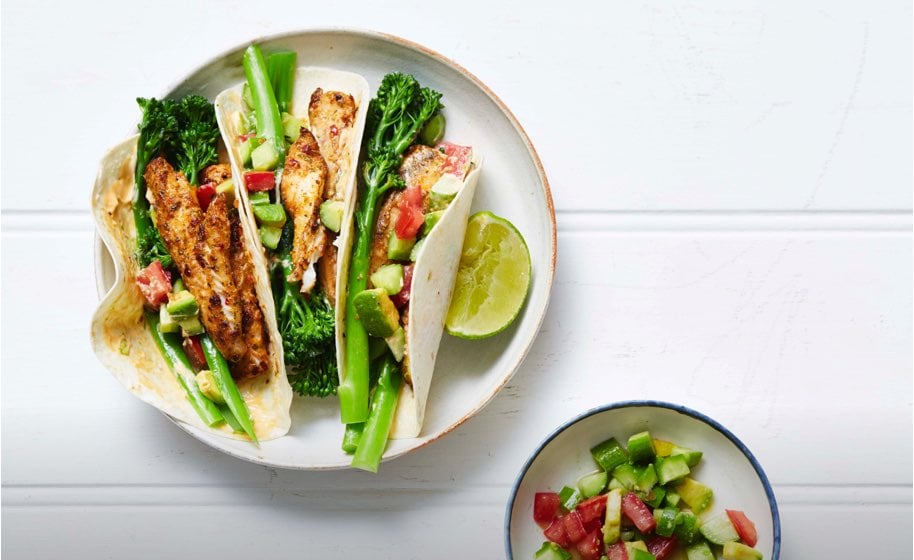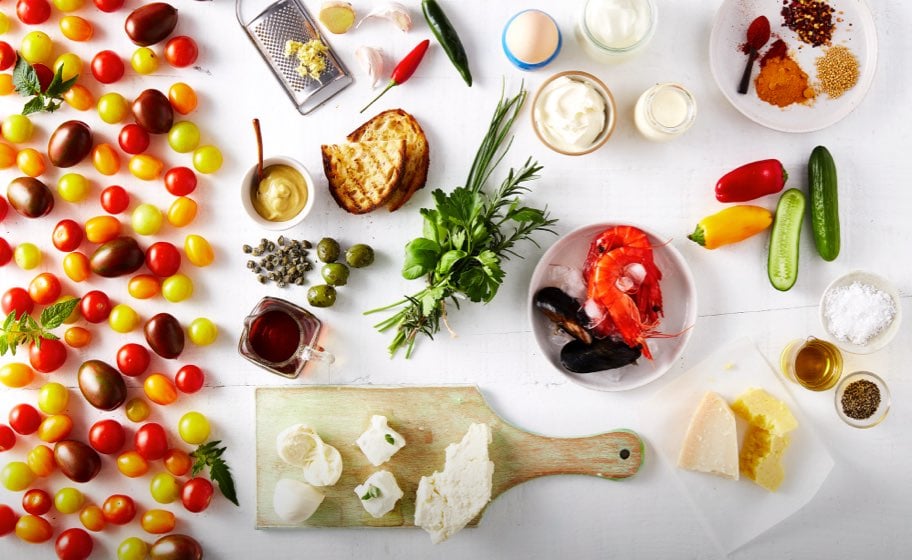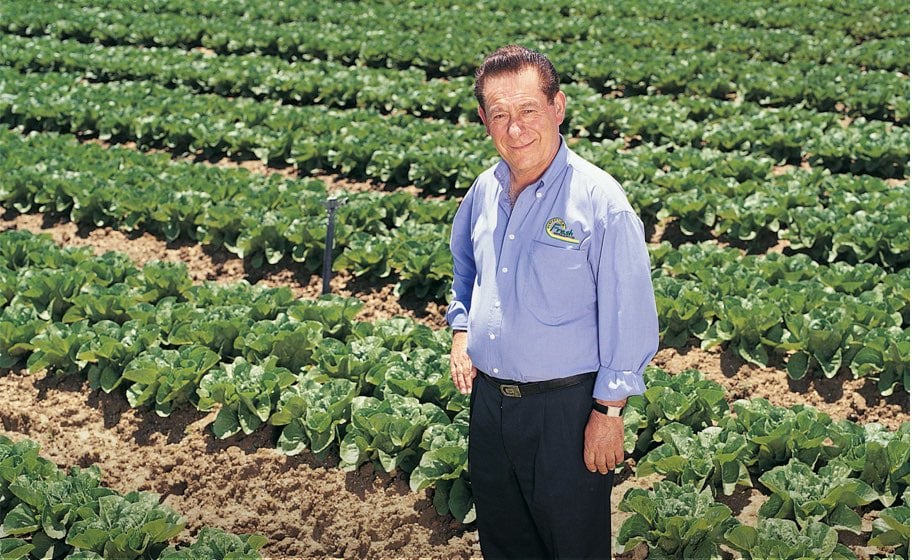Sustainability
Sustainable environmental practices
We recognise finding sustainable ways to provide fresh, healthy and quality food is one of the most critical issues of our time. At Perfection Fresh we all have a big role to play.
ExploreSustainable Environmental Practices
It is our conviction that sustainable farming practices can produce high-quality produce and safeguard and conserve our environment. Our commitment to environmental responsibility is at the heart of our operations, and we recognise the important role we all play in this effort.
Our sustainable farming practices
We believe that sustainable practices in farming are essential for producing high-quality produce while protecting and conserving our environment. At Perfection Fresh, we are dedicated to minimising waste on our farms. Our goal is to achieve zero organic waste to landfill by 2030. We sort waste into green waste, recyclable materials, and landfill. Organic by-products are potentially used as biomass energy, feed, or fertilisers, contributing to our circularity measures.
Our approach to environmental stewardship
Perfection Fresh is committed to integrating environmental stewardship into every aspect of our operations. We employ eco-friendly farming techniques and advanced land management practices to ensure our environmental impact is minimised and sustainability is maximised.
Ethical methods of eco-friendly farming
Perfection Fresh’s Two Wells facility utilises Controlled Environment Agriculture (CEA), the most advanced form of protected cropping. CEA combines high-technology greenhouses with hydroponic growing systems to control the growing environment precisely, manage nutrition, and address pests and diseases effectively.
Supporting Farmers
Our dedication to sustainable agriculture initiatives extends beyond our own operations. We actively engage with our supply chain, industry partners, and policymakers to promote and implement ethical farming practices and innovative sustainability solutions.
Retail packaging targets
By 2025, Perfection Fresh aims to ensure that 100% of our retail packaging is recyclable, reusable, or compostable. Additionally, we are working to incorporate an average of 50% recycled material into our packaging wherever possible.
read: APCO performance summary 2024Fruit sticker recycling advice
In our effort to reduce waste and support environmental responsibility, we've developed a guide for the proper disposal of fruit stickers. This guide helps consumers easily recycle their fruit stickers and contribute to a greener planet.
Download guide hereclimate transition plan
Perfection Fresh is taking substantive steps to tackle climate change and reduce our environmental impact. From sustainable farming to innovative solutions, we’re shaping a greener future. Read our Climate Transition Plan to see our progress towards 2050.
Climate Transition PlanEnvironmental, Social, and Governance Reports
Explore how Perfection Fresh integrates Environmental, Social, and Governance (ESG) principles into our operations through our detailed reports. These reports showcase our commitment to sustainability, ethical business practices, and transparent corporate governance.
2024 Sustainability Report2024 SUSTAINABILITY REPORT
"While there is still much work to be done, I am confident that with our collective efforts and unwavering commitment to sustainability, we will continue to make meaningful strides towards a more sustainable business and a bright future for generations to come."
Andrew Redman
Chief Technical & Sustainability Officer








